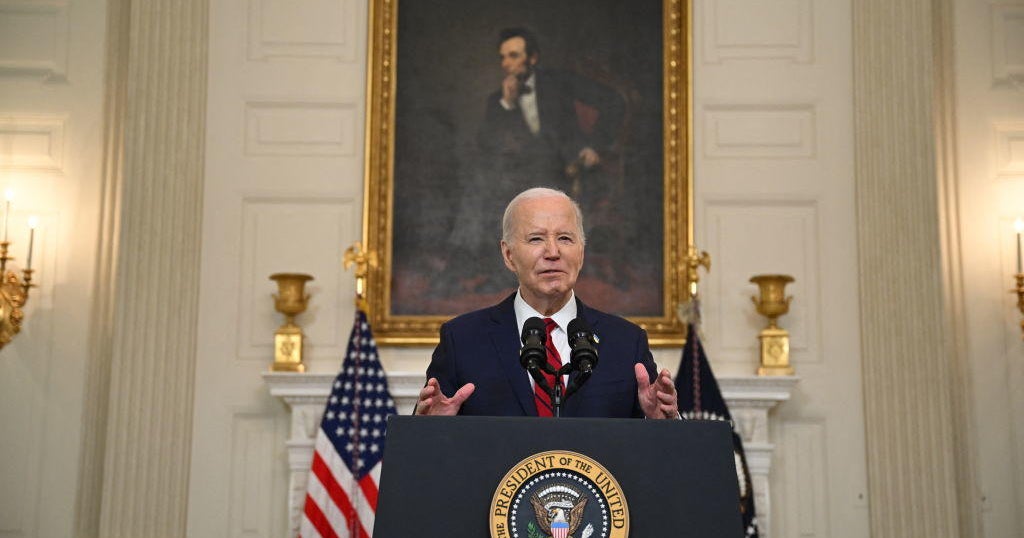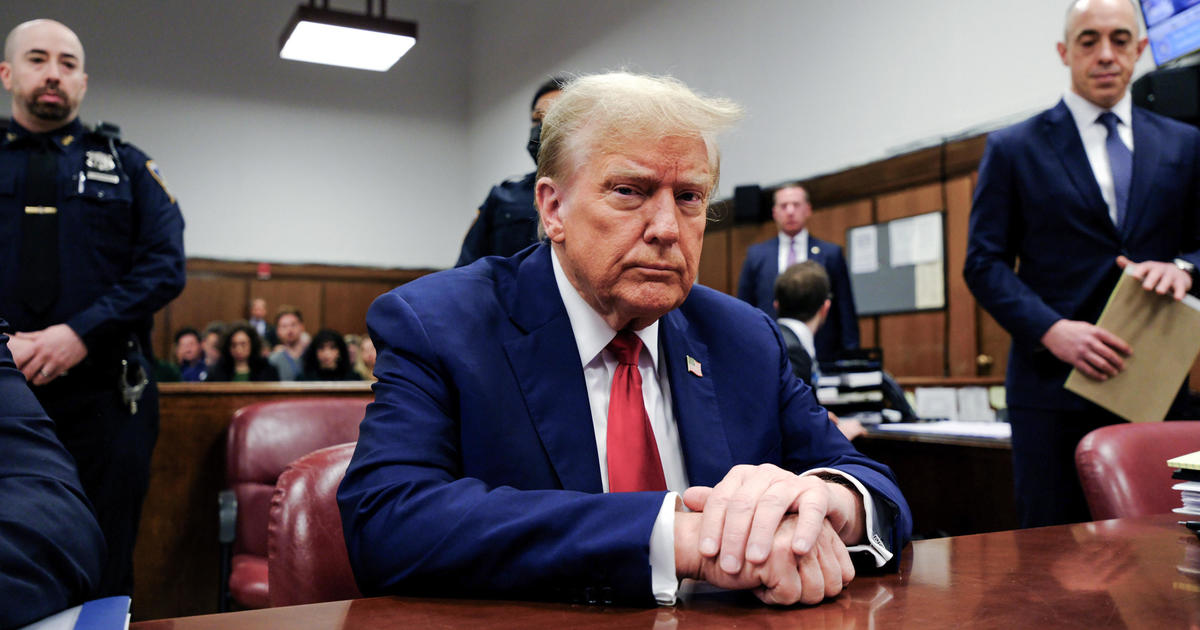Jon Stewart and the battle over the 9/11 victims fund, explained
Update: The bill finally passed in both houses and was signed by President Trump on July 29, 2019. Read the original story below.
Jon Stewart jolted a national conversation about the 9/11 Victim Compensation Fund when he blasted Congress in his emotional testimony Tuesday. Stewart told lawmakers they should be "ashamed" of their inaction and for taking "so damn long" on the legislation. One day later, he saw results: A House panel on Wednesday unanimously passed a bill permanently reauthorizing the fund.
But there was nothing new about this battle. It wasn't even the first time Stewart, the former host of "The Daily Show" on Comedy Central, had to rally for action from Congress. An idea that seemed like a natural for bipartisan support — setting aside money for the medical needs of first responders and survivors of the nation's worst terror attack — has been tangled up in Congress repeatedly for more than a decade, and there's still no guarantee of a resolution.
This is what led to Stewart's furious testimony — and what still needs to happen before he, and the 9/11 survivors, get what they've been waiting for.
The Zadroga Act
The bill approved by the House Judiciary Committee on Wednesday applies to the 9/11 Victim Compensation Fund, which is only one part of a larger law called the James Zadroga 9/11 Health and Compensation Act. That law is named after the first New York City police officer whose death, from a respiratory disease in 2006, was tied to toxic chemicals at the attack site.
In the years after the World Trade Center attacks, thousands of rescuers and survivors started developing deadly illnesses — including cancer and respiratory problems — that were connected to exposure to toxins at Ground Zero. As of March 2019, more than 95,000 survivors and responders have enrolled in the World Trade Center Health Program, a health care program funded through the Zadroga Act. Nearly 80% of the people registered in the program were either New York City Fire Department responders or other responders.
Some health experts estimate that the eventual death toll from 9/11-related health ailments will outnumber the nearly 3,000 deaths from the day of the attacks.
It took Congress nearly a decade after the attacks to approve the health care funds. A first version of the bill, called the Remember 9/11 Health Act, was introduced in 2005 by Rep. Carolyn Maloney, a Democrat from New York, but it never came to a vote.
Maloney introduced the Zadroga Act in 2009. Congress approved it in the final days of 2010, with $4.2 billion set aside for survivors, and President Barack Obama signed it into law in 2011.
But along the way, the bill meet opposition from Republican lawmakers. Some said that its initial price tag of $7.4 billion was too much, and that the funding should not be permanent. Others argued that such a fund should be handled by states, rather than the federal government, although people in all 50 states have filed health claims related to 9/11. (A website by an advocacy group, Citizens for the Extension of the James Zadroga Act, breaks down which members of Congress have supported and opposed the fund.)
Even after the Zadroga Act passed, it gave no guarantee of long-term care for all survivors. It had to be reauthorized in 2015, and it was for the next 90 years. The 9/11 Victim Compensation Fund, though, was only funded through 2020, which set the stage for this week's dramatic testimony and vote.
Jon Stewart joins the fight
As the Zadroga Act languished in Congress, Stewart used his platform to make it a signature issue. Days before Congress was set to vote on it in 2010, Stewart devoted an entire episode of "The Daily Show" to the need for the bill — one of the few times the show put so much focus on any single issue. Stewart interviewed first responders who were suffering from 9/11-related illnesses and pressured Republicans to end their opposition to the bill.
The episode earned Stewart comparisons to CBS News legend Edward R. Murrow — and credit for finally making the fund happen. "I don't even know if there was a deal, to be honest with you, before his show," Kenny Specht, the founder of the New York City Firefighter Brotherhood Foundation who was interviewed on the show, told The New York Times.
Stewart returned to the "Daily Show" in 2015 — only months after handing it over to the new host, Trevor Noah — to push once again for the Zadroga Act as it neared another deadline for renewal. That year, he also rallied on Capitol Hill for the fund, joined by firefighters and union officials. Stewart joked that 9/11 responders would be exposed to "possibly toxic levels of bulls*** and arrogance" from Congress.
Stewart's impassioned testimony on Tuesday was just the latest time he put a spotlight on the issue — and he certainly got Congress' attention. More than half of the full House committee's members weren't even at the subcommittee hearing, and Stewart accused them of abandoning the heroes of 9/11.
"You should be ashamed of yourselves for not being here," he said. [Watch his full statement in the video player below.]
"There is not a person here, there is not an empty chair on that stage, that didn't tweet out "Never Forget the heroes of 9/11. Never forget their bravery. Never forget what they did, what they gave to this country,'" Stewart said. "Well, here they are," he said, gesturing to the responders, some gravely ill, who came to the hearing. "And where are they?" he said of the missing committee members.
Stewart also went after lawmakers who opposed the 9/11 funding by arguing it should be a local issue.
"More of these men and women are going to get sick and they're going to die, and I'm awfully tired of hearing this is a 'New York issue,'" Stewart said. "Al-Qaeda didn't shout 'death to Tribeca.' They attacked America."
What comes next?
After Wednesday's committee vote, the full House will vote on the bill to reauthorize the 9/11 Victim Compensation Fund permanently. It's likely to pass in the House, but faces a less certain future in the Senate and White House. Senate Majority Leader Mitch McConnell, R-Kentucky, has not said if he will bring the bill to the Senate floor, and President Trump has not said if he supports it.
Senate Minority Leader Chuck Schumer, D-New York — who has been championing the law for years — said he would be "imploring, pleading, even begging" McConnell to bring the bill to a Senate vote.



